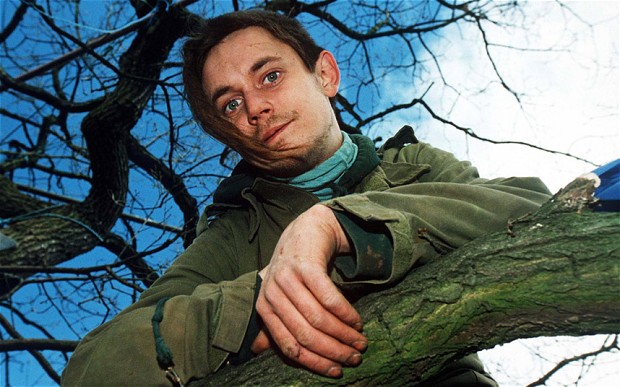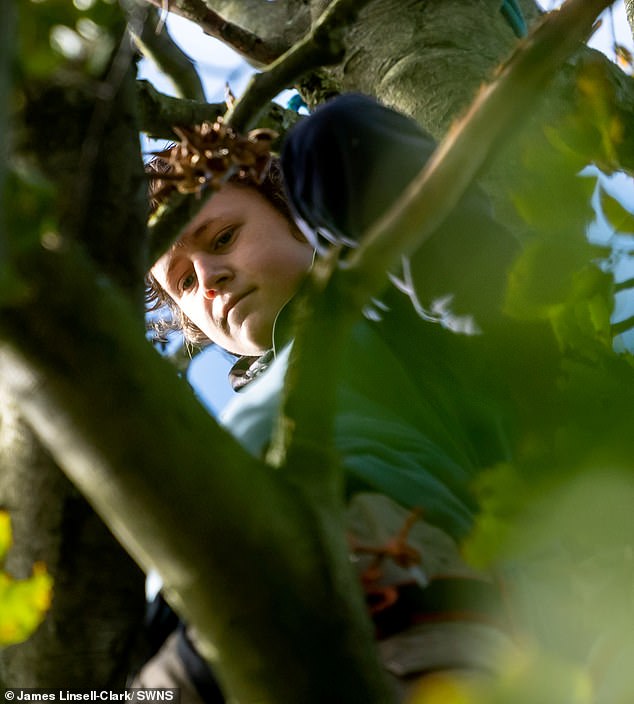Research
The Brundtland Report
The Brundtland Report of 1987 defines sustainable development as: “Humanity has the ability to make development sustainable to ensure that it meets the
needs of the present without compromising the ability of future generations to meet their own needs”( United Nations, 1987).
It considers a three-dimensional concept, where sustainability emphasises the interconnection/relationship between the environment, economy, and society.
The development of this goes beyond environmental protection: it also encompasses economic well-being and societal solidarity. To achieve this in the long term, the requirements are much more than individual actions. They rely on systemic change, to reduce our environmental impact. Those structural changes in our economic and social system aim to reduce environmental and resource consumption to a more sustainable level. This will allow
economic performance and social cohesion to be maintained.
This type of development takes into account the intergenerational aspect ensuring that actions today do not compromise the needs of future generations. (Myclimate, n.d.).
So why is Sustainability so Important?
According to Greenpeace: “Preserving our planet and its resources, including water and air, is crucial for sustainability”
(Greenpeace, 2023).
Cultivating sustainable ways of living is essential to reduce pollution and protect the habitats of plants and animals, promoting a healthier environment.
A key part of sustainability involves sustainable business practices and economic development, the adoption of green technology and eco-friendly supply chains play a crucial role. This is why, when businesses and governments prioritise sustainability, it creates a ripple effect that encourages individuals and communities to decrease greenhouse gas emissions and reliance on fossil fuels, ultimately enhancing the overall quality of life.
(Söderholm, 2021).
In the 1990s I remember seeing one such individual, called ‘Swampy’, Dan Hooper on the news.
He was a twenty-three year old, environmental activist involved in many protests surrounding the destruction of what we know now as Mother Earth and her environment. If I am totally honest, I wanted to be an activist like him, unfortunately, I never had the opportunity to live my dream.
Research suggested that in 2006, Dan Hooper was living his dream with his girlfriend and three children in Tipi Valley, a commune in West Wales and during an interview in 2020 he was quoted on the thoughts for the future;
“I hope that we stop climate change and end capitalism,” he responds emphatically. “Things have got to change. A peaceful revolution – it feels like that can happen. I think things will change. Because they have to”. (Hutchcraft, 2020)
It would seem in our current climate of 2024, there is still a need for progress concerning climate change, as it has become worse. Eco-communities rather than governments are educating the younger generation in a more practical approach on how to reduce the carbon footprint. In years to come I believe this generation will rebel against the governments and take it into their own hands to save our planet, just like Dan Hopper did all those years ago.


